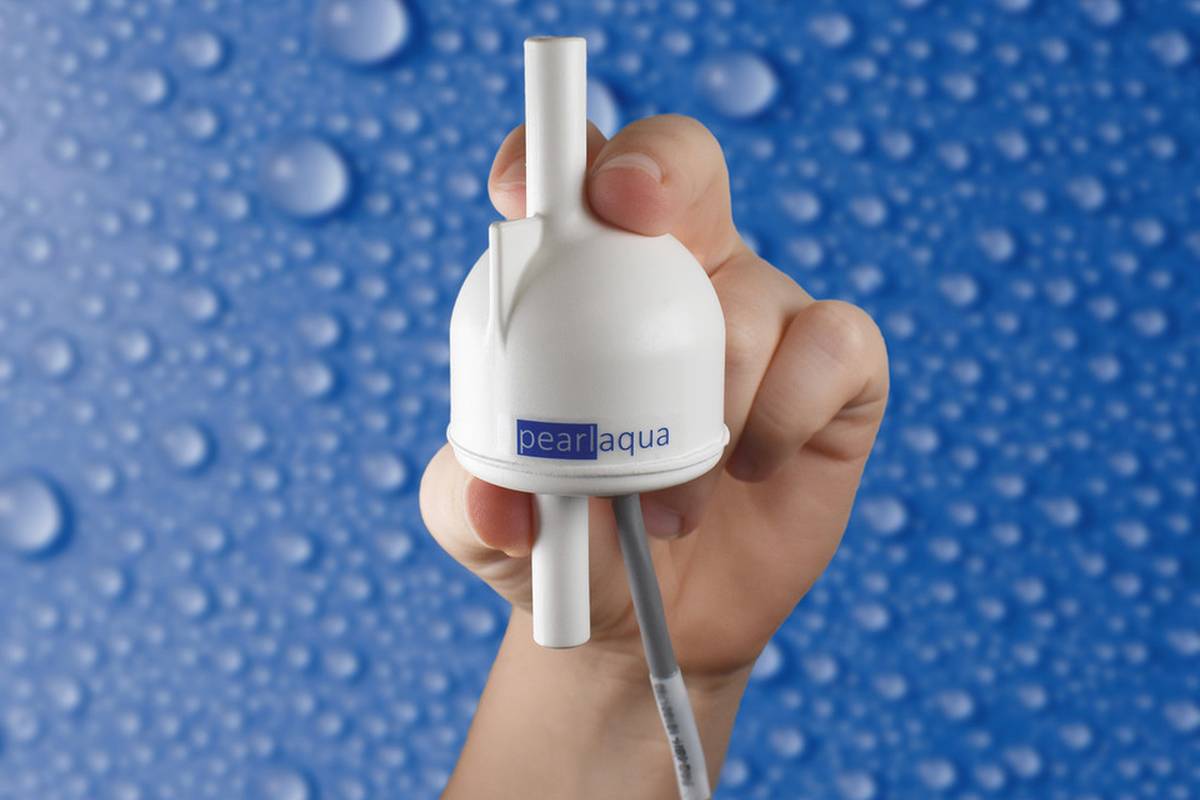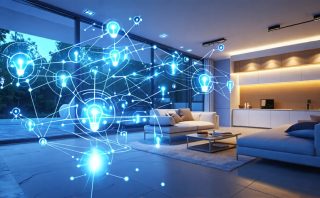In recent times, there has been an increased emphasis on cleanliness and disinfection, driven by a heightened awareness of health and hygiene. This shift in focus has led to advancements in disinfection technologies, with ultraviolet (UV) light emerging as a powerful tool in combating pathogens.
Among UV technologies, UVC light, particularly when harnessed by LEDs, has gained prominence for its efficiency and versatility in disinfection applications.
In this article, we explore the exciting developments in designing disinfection systems with UVC LEDs, ushering in a new era of clean technology.
Understanding UVC and Its Germicidal Power
UVC light resides in the 100 to 280-nanometer wavelength range and is highly effective at inactivating microorganisms, including bacteria, viruses, and fungi. This germicidal power stems from UVC’s ability to damage the genetic material of these pathogens, rendering them unable to replicate and causing their demise.
Historically, UVC lamps have been employed for disinfection, but the advent of UVC LEDs has revolutionized the landscape.
Advantages of UVC LEDs
UVC LEDs offer several advantages over traditional UVC lamps. Firstly, they are compact and lightweight, allowing for easy integration into various disinfection systems. Their small form factor makes them suitable for portable devices, HVAC systems, water purification units, and more.
Secondly, UVC LEDs have a longer lifespan than traditional lamps and do not contain harmful mercury. This results in reduced maintenance requirements and environmental benefits.
Furthermore, UVC LEDs can be instantaneously turned on and off, enabling precise control of disinfection cycles. They also emit a narrow band of UVC light, minimizing the generation of harmful ozone.
These attributes make UVC LEDs an ideal choice for designing efficient and environmentally friendly disinfection systems.
Applications of UVC LED Disinfection Systems
The versatility of UVC LED disinfection systems is exemplified by their broad range of applications. Here are some notable examples:
Surface Disinfection
UVC LEDs integrated into handheld or robotic devices can disinfect surfaces in healthcare settings, restaurants, schools, and public transportation. This application is particularly relevant in the fight against COVID-19.
Air Purification
HVAC systems equipped with UVC LED modules can sterilize the air in indoor spaces, reducing the transmission of airborne pathogens. This is crucial for maintaining indoor air quality in offices, hospitals, and homes.
Water Treatment
UVC LEDs can effectively disinfect water by deactivating harmful microorganisms. This application is vital for ensuring the safety of drinking water and the efficient treatment of wastewater.
Medical and Laboratory Equipment
UVC LEDs can be integrated into medical instruments, lab equipment, and even personal protective gear to provide continuous disinfection and reduce the risk of cross-contamination.
Food and Beverage Industry
UVC LED systems are used to disinfect food and beverage packaging, production equipment, and surfaces to prevent microbial contamination.
Challenges and Considerations
While UVC LEDs offer numerous advantages, their design and implementation present some challenges. Proper dosage and exposure time are critical to effective disinfection, and engineers must carefully calculate these parameters.
Additionally, the selection of UVC LEDs with the right wavelength and power output is essential for target-specific disinfection.
Safety measures are crucial when working with UVC LEDs, as direct exposure to UVC light can be harmful to the skin and eyes. Thus, the design of disinfection systems must incorporate shielding and interlock mechanisms to prevent accidental exposure.
Conclusion
The emergence of UVC LEDs has transformed the landscape of disinfection technology. Their efficiency, compactness, and environmental friendliness make them a powerful tool in the fight against pathogens.
As innovation in UVC LED technology continues, we can expect even more sophisticated and effective disinfection solutions to emerge, further safeguarding our communities and the world at large.





